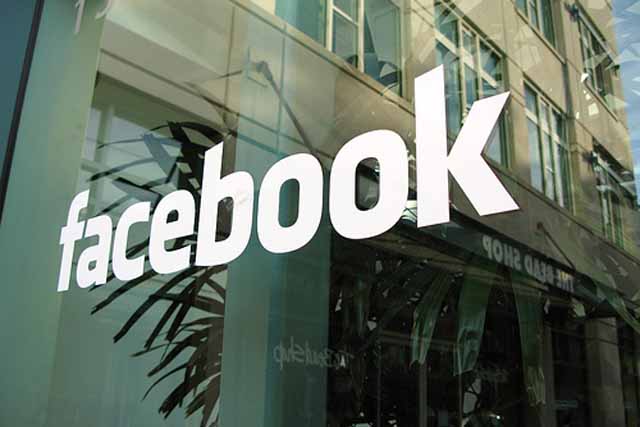
Facebook has long been about identity. It’s that place on the Internet where users "act" with their real name, in their real location, with real friends – if on an amplified scale.
Their moves are tracked, commented on, liked, photographed and shared. Their personality projected to the world, amplified.
But it’s not just Facebook monitoring users’ every move. We live in a world of hyper-targeted, data driven consumer tracking.
It’s already become the norm for site cookies to tell data collectors our age, location, income, marital status, shopping trends and favourite products, leading to ever more relevant experiences while allowing advertisers and brands to break us down into highly specialised marketable audience segments.
But those advances have resulted in an online privacy debate, and growing user caution about the use of personal information.
One the one hand, users crave freedom of expression and Facebook and Twitter, at their inception, were platforms where they could present their innermost thoughts. But consumers have also become sceptical, and aware that their data is sold off or used to influence advertising.
Brands can anonymously control the conversation here - but they must also bear in mind, they might not like what they hear.
Are consumers beginning to reach identity exhaustion this early into the world of social networking? What if users could tell the world their inner most desires, without the world wanting something back? Cue the rise in popularity of anonymous apps such as Whisper, Secret, YikYak and now,.
Unvarnished truth for brands
These apps provide a platform for absolute audience truth. Users can tell the world exactly what’s on their mind, without fear of recrimination or worry of embarrassment. Their most personal wishes, fascinations and fantasies can be published away from prying eyes and ears.
This is great as a platform for expression. A community of people sharing their thoughts freely. But there is also a darker side to anonymous platforms. A side focused on cyber-bullying, admission of offences and evil thoughts.
So how do brands leverage this space? How do they communicate with a group of people they can’t see? Isn’t this the opposite of the hyper targeting we’ve focused so much of our energy on as advertisers? If you’re in an anonymous app, surely you’re completely hidden, right? Wrong.
Users are never completely anonymous when using these apps. IP tracking means they are operating at a pseudonymous level, as we’ve seen with made within its community.
Herein lies a huge opportunity for both Facebook and the savvy brands that wish to operate in this anonymous new space but only if Facebook utilises user profiles in the back end.
Facebook make use of its rich data sets on users would allow brands the opportunity to start conversations with targeted segments of both fans and prospects, gaining real truth and valuable insight to inform their communications, products and product developments.
Early versions of messages, creative and activities could be shared and tested on groups of targets, gaining essential feedback in the process. Brands could gain an impactful understanding of how best to reach bigger, more relevant audiences in bigger and better ways.
From the quiet commentator to the most vocal, truthful insights are always attractive to brands.
Audience commentary could be easily sourced and valuably used to build up an honest picture of your branded proposal.
Will the users appreciate this branded intrusion? Probably not. Brands need to tread carefully in this space in order to maximise the opportunity. In fact, as we are now in a world of native advertising, brands too should take to the anonymous ideology. They too should be hidden.
This would require a shift in traditional presence and conventional social behaviour and marketing principles, but the conversational insight could prove invaluable to other areas of the business.
Brands can anonymously control the conversation here. But they must also bear in mind, they might not like what they hear.
Read next



.jpg)
.jpeg)
